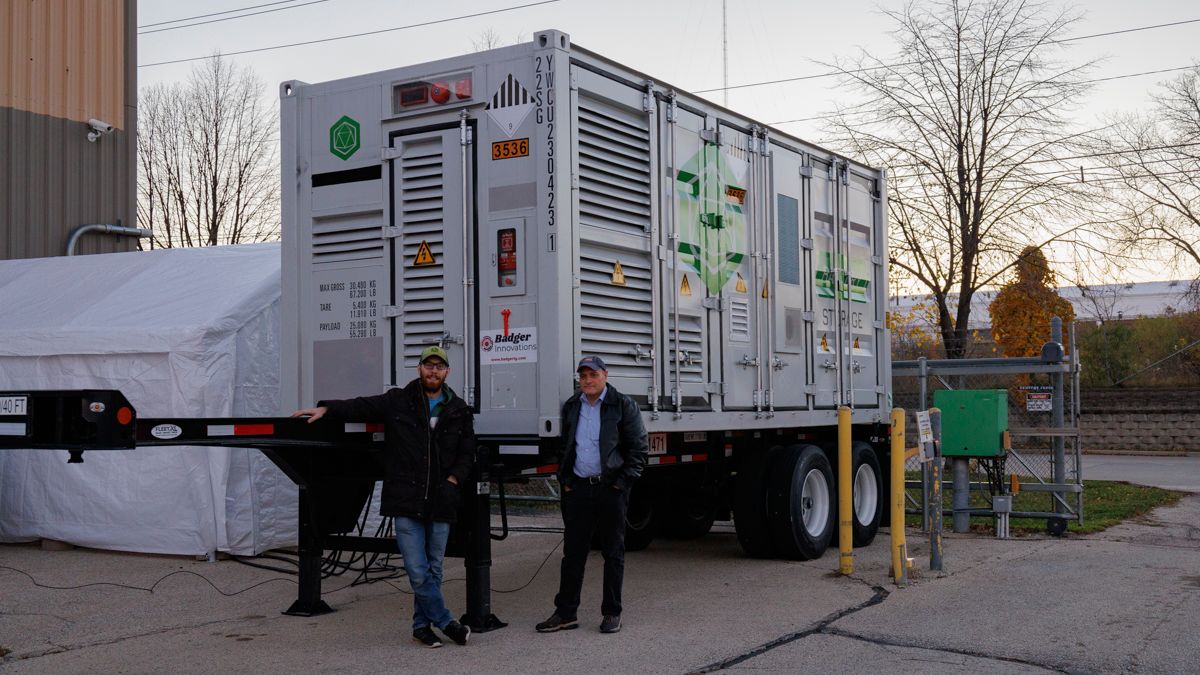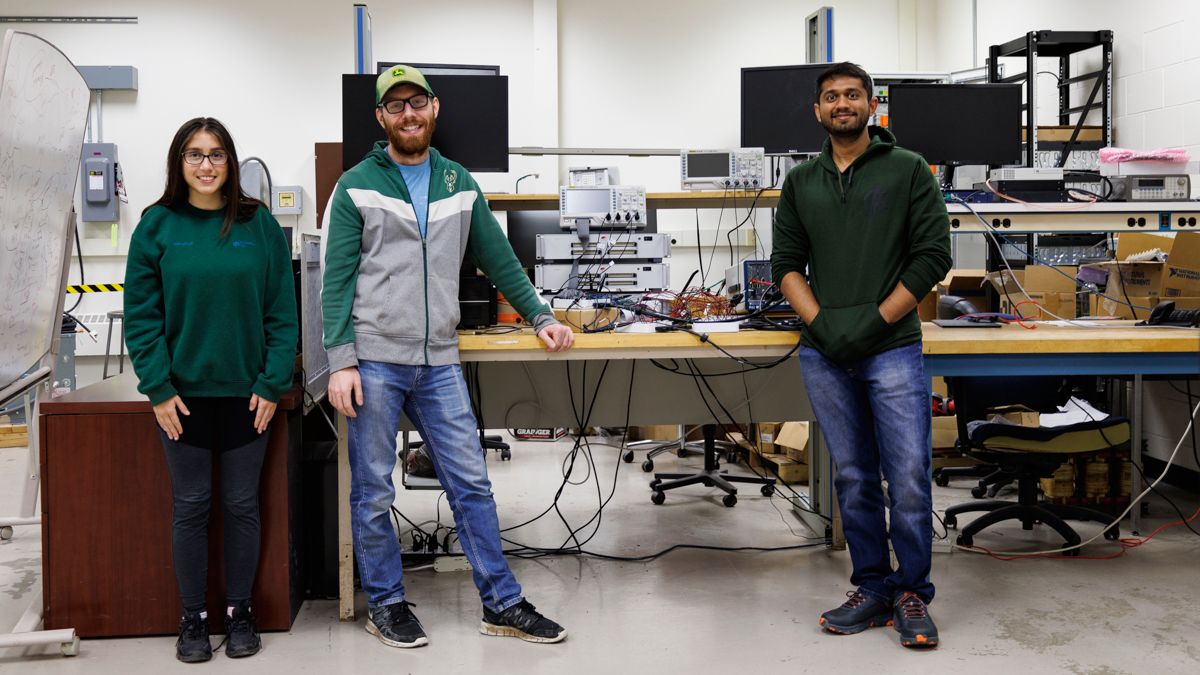MILWAUKEE — In a Milwaukee laboratory, a professor and his team are looking at the big picture while working on a micro project.
Rob Cuzner is the director of the Center for Sustainable Electrical Energy Systems at the University of Wisconsin-Milwaukee (UW-Milwaukee); he is also a professor there. Cuzner said the bulk of the center’s current work is on microgrids.
A microgrid is a smaller electrical grid that generates and consumes electricity on site. This differs from traditional utility grids, which generate electricity at centralized power plants and then send it out along miles of transmission lines.
Microgrids have the potential to power entire neighborhoods, hospitals and even military bases.
These small but mighty grids typically create their power using a combination of renewable energy, like wind and solar, and a back-up generator. This contrasts with how most utility grids generate electricity. In 2022, the majority of U.S. utility-scale electricity came from fossils fuels.
Cuzner said microgrids can be an effective way to reduce carbon emissions and make electricity more reliable.
“It’s smaller scale, very tightly connected to the needs of the community. So, kids can come home and study with the electricity staying on all the time,” Cuzner said. “It’s a basic human right, you know, to have lights and power.”
Cuzner’s team is a motley crew made up of PhD candidates, graduate students, undergrads and a high schooler. Together, they recently built their very own microgrid. It's currently being used to run tests within the lab.
Joe Lentz is a U.S. Navy veteran on the verge of getting his master’s degree from UW-Milwaukee. He is also the center’s lab manager.
Lentz said he’s passionate about eliminating the use of fossil fuels and he thinks microgrids could help the transition to renewable energy.
“If we had a bunch of microgrids all over the place, it would just make the grid way more resilient all around,” Lentz said. “A microgrid is really just you’re producing your own energy locally and you can keep that locally.”
He said that while they have their microgrid up and running, there is still a lot of work to be done.
Some items on the team’s to-do list include replacing defunct renewable energy equipment and connecting their microgrid to the local electric grid. However, completing these tasks comes at a cost.

Cuzner said the greatest challenge in sustaining the microgrid project and others like it is funding.
“We’re at a pinnacle right now,” Cuzner said. “We can either go up from here or we can go down. We can’t stay at this level.”
Cuzner said financial investments from the government and private industries would benefit all parties.
“We want those companies to be successful,” he said. “And they’ll be successful if they can stay on top of the technology.”
Cuzner said he believes his team’s work could offer these organizations that and more.
“[Those organizations] have huge workforce needs. I’ve got students who can go help fill those needs,” he said. “There’s a lot of need to understand this knowledge and technology.”



